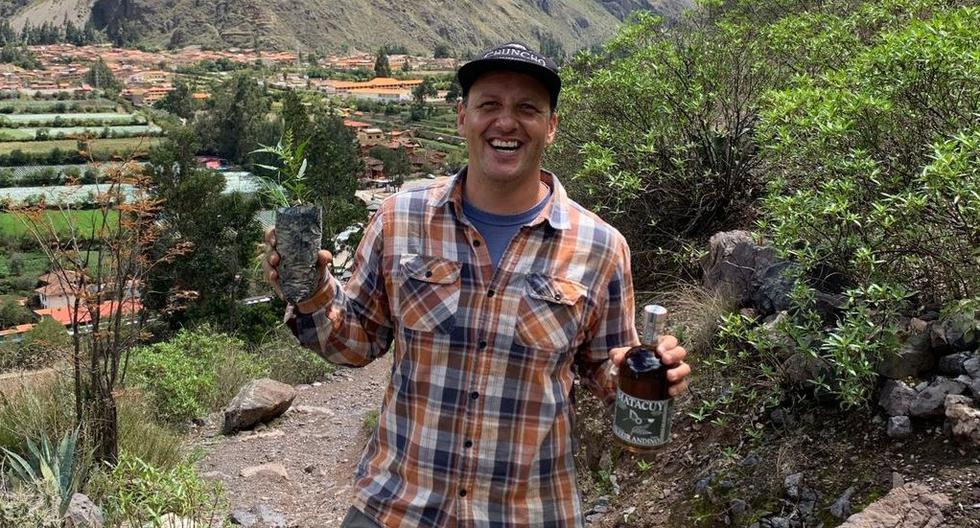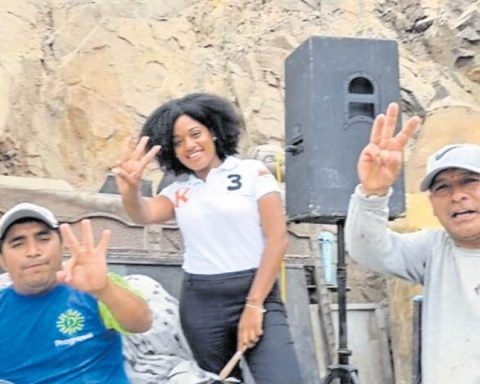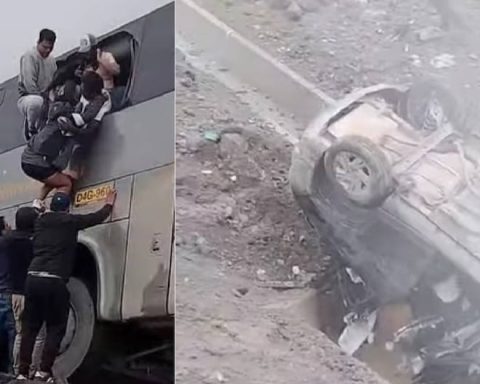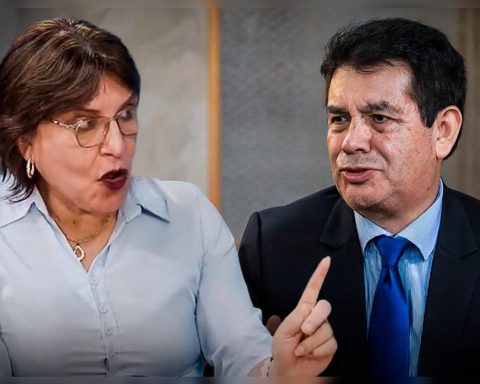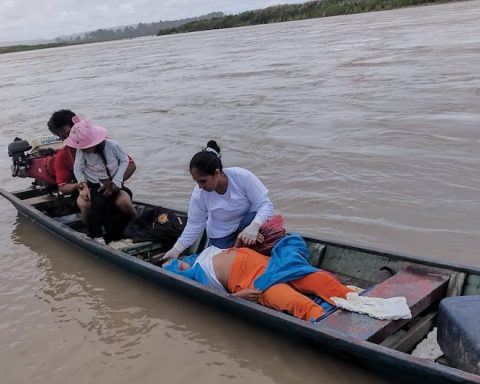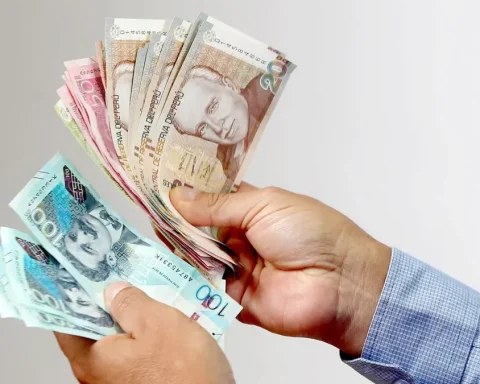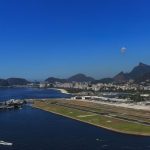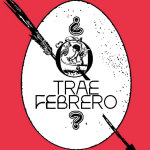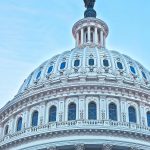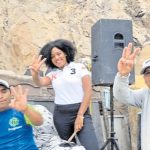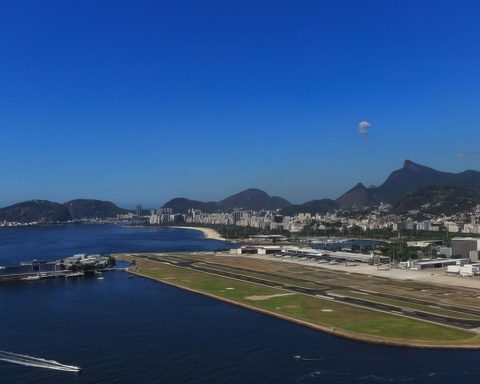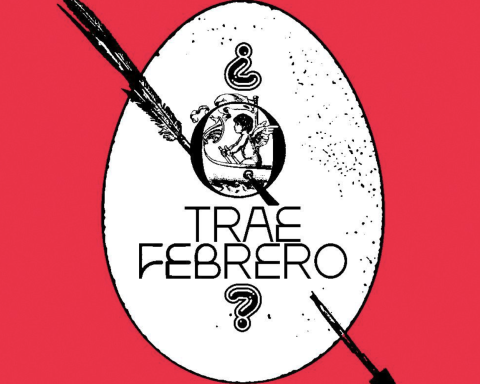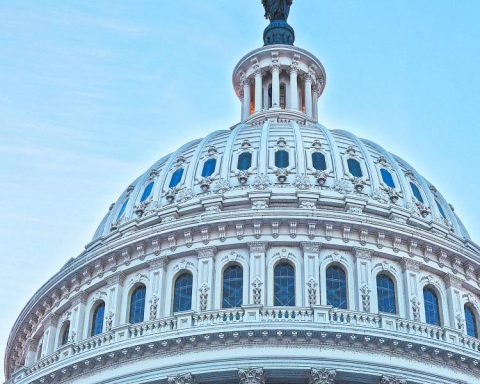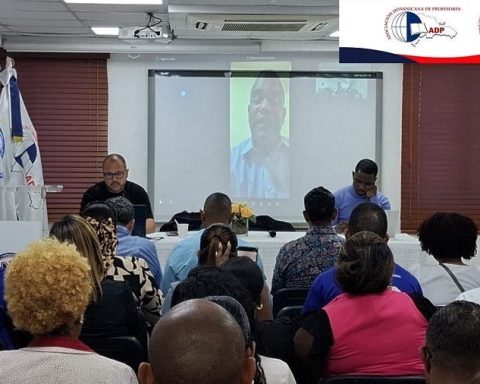He was born in the house next to the old town hotel. His father was the midwife. train station hotel Ollantaytambo dating from 1925.
His mother still lives in that house, which today is part of the shelter that Joaquín Randall manages, 43 years later. Lodging that is part of the companies that he has managed. Among them, we count a hotel in the Imperial City; and in Ollantaytambo, the Andean Distillery; the Kuska School, which he founded with his wife and friends; the Mayu coffee brand; the Chuncho restaurant and the Valle Sagrado Verde reforestation program. He says that his ideas are born out of curiosity. “And if no one does them, I feel the obligation to do them,” he tells me from the highway, traveling from Ollantaytambo to the city of Cuzco.
His parents came from USA. He from California and she from Seattle. They traveled throughout Latin America. Adventure that began in 1974. They set foot in Peru for the first time and stopped the march in Ollantaytambo, after two years. A writer and a painter.
LOOK: Ángela Arce: “The reading habit is not easy, it is a challenge and you have to work”
-Why did your parents leave the United States?
They were part of the generation that was looking for another model of life, far from the pure and simple capitalism that existed in the United States at that time. But my father passed away when I was a child.
-Have they told you what caught them from Cusco?
Looking for a simpler way of life, they were very attracted by the landscape, the culture, the tradition. They were travelers. They settled there and began to lead their lives as bohemians, as artists. But they realized that they could not make a life without integrating into the community and they quickly did so. They had their compadres, they had their children. I have an older brother who was born in ’76 and I was born in ’79. We attended public school in Ollantaytambo and made our friends there. They decided to stay and had the opportunity to make a life that allowed them to be artists and live from tourism. At first, the lodging was a place for backpackers. Over the years we have been changing and developing, but they were somehow pioneers of tourism, perhaps unintentionally. They founded the second trekking company, at least in Cusco.
-With American parents and being from Cusco, where was your identity?
We were bilingual. We spoke English at home and Spanish on the street. But we also lived with a family from Ollantaytambo, where there were seven brothers, who were like our brothers. So, we were not strangers to the town. We learned some Quechua, we participated in the dances, the parties, in the work in the fields. But of course, we were traveling to the US and it was a huge cultural shock, because we arrived at my grandparents’ house next to the golf course and the swimming pool.
LOOK: Jorge Henderson: “The most beautiful thing is that I am in people’s memory”
-Didn’t you think about leaving Cusco and living in the US?
My brother did move to the US when he was 12 years old. He went to live with some uncles. And I was left alone with my mother. But at that time there were more tourist investments and in the 1990s, a very chaotic time, we went to the United States, we visited some friends who offered us a house, but the truth is that we did not feel comfortable, we missed Ollantaytambo, the human warmth that it felt. So, we stay in Cusco. When I turned 16, I went back to the United States to do one more year of high school and went to college. And then I returned to Peru.
-Why did you come back?
Everyone finds their place. I finished college and there were a couple of job offers, but they didn’t really catch my eye, and I couldn’t wait to go back. I said, “I am going back to my village.” My mother lived alone in Ollantaytambo. She did my studies focused on issues of sustainability and environmental management; When I returned to Ollantaytambo, I saw that there were opportunities to try to do things for the environment, management of economic and cultural development.
-Or maybe, finally, you stayed in Ollantaytambo because of your father’s memory, maybe he wanted to stay.
He is buried in the Ollantaytambo cemetery, we always go to visit him. I think he loved the Andean culture more than anyone else. He really liked the Quechua culture, the traditions and trying to understand the legacy of the Incas.
-Now, your parents arrive as fleeing from the capitalist world. And in the end, somehow, you have built a small capitalist world.
(Laughter). Ironically; And yes, we have been forerunners of capitalism here (laughs), at least of the spirit of entrepreneurship. Although my parents, in some way, started it, despite the fact that their expectation was subsistence, while I do have a perspective of economic growth and we practice responsible capitalism, we are committed to our community. All (our companies) contribute to creating community and commitment to the place.
LOOK: Rossy War: Technocumbia revitalized cumbia [ENTREVISTA]
-What other front do you need to open?
We are in a process of consolidating the company. And I would like to contribute to the sustainability of our community. I like the topics of land use planning, conservation and protection of nature, urban planning, public management.
-At some point enter politics?
I am a member of the managing body of Ollantaytambo, which has the purpose of guiding the policies of the district. But directly, as a candidate, it is not my purpose; I prefer being an ally of the public and private sector.
What would your father think?
My father was quite academic, he had a more intellectual interpretation and I think that on that side sometimes I feel short, because I have not followed that line, I am more pragmatic; he would surely get a lot of criticism (laughs).
-How would you defend yourself?
He greatly appreciated the administrative capacity of the Incas, who had a macro vision of how to make things work. And I am trying to contribute to making things work better, at a social, economic and environmental level.
SELF-CERTIFICATION
– “I am Joaquín Randall Weeks, I am 43 years old. I was born in Ollantaytambo. I studied Sustainable Development in the United States, after which I already worked. In the city of Cusco we have the hostel El Balcón; in Ollantaytambo, the hotel El Albergue and Destilería Andina”.
– “We also have the Chuncho restaurant, a local, traditional food project, using 100% local products; Mayu coffee, there is a coffee shop at the train station and we roast the coffee ourselves. And well, Destilería Andina has the Caña Alta and Matacuy brands”.
– “We also export to Europe and the United States. The Matacuy is a distillate of sugar cane that is infused with a season of more than 35 botanicals, and is a traditional drink from Cusco, which is taken after a meal and each family has its own recipe; ours is my mother’s recipe”.
